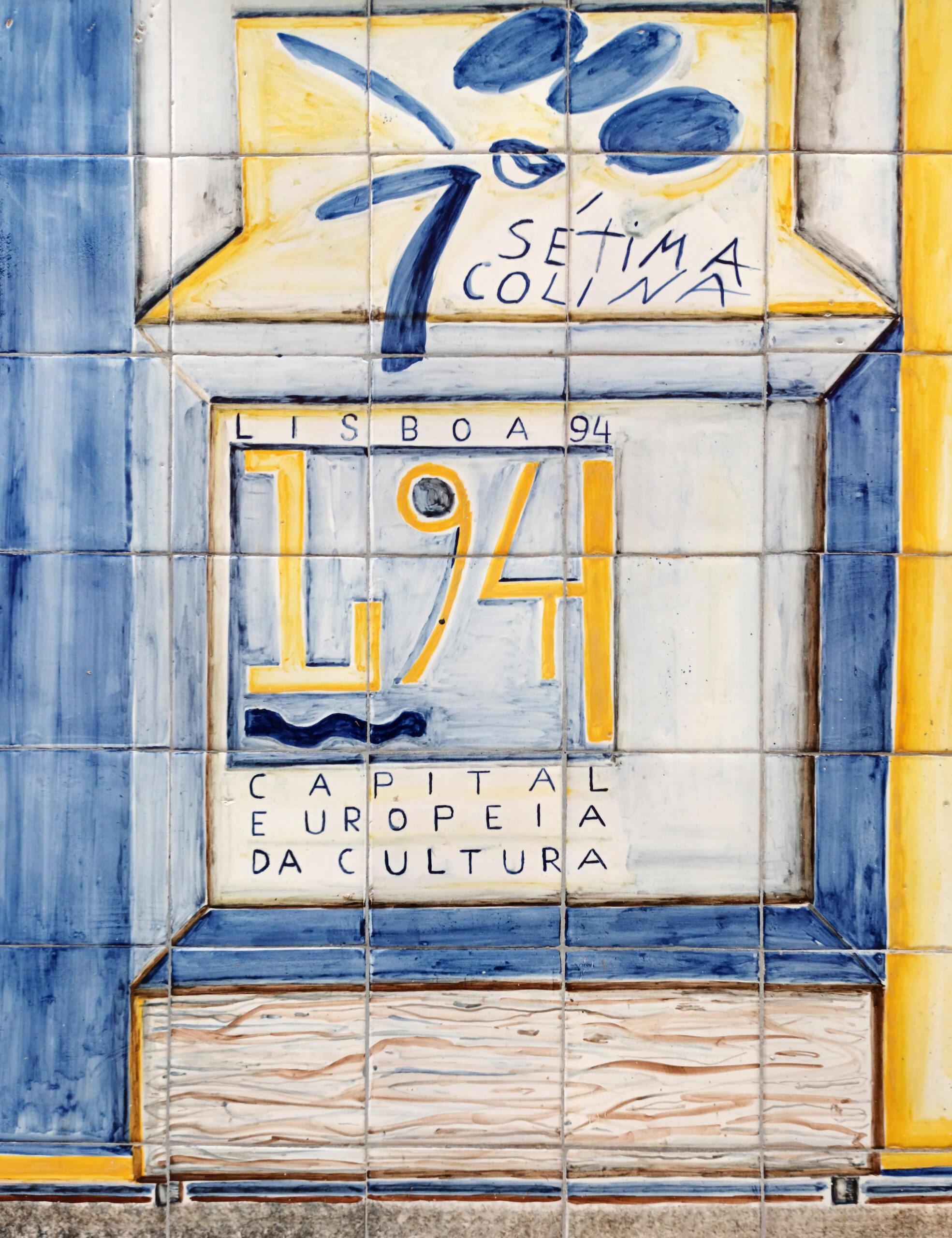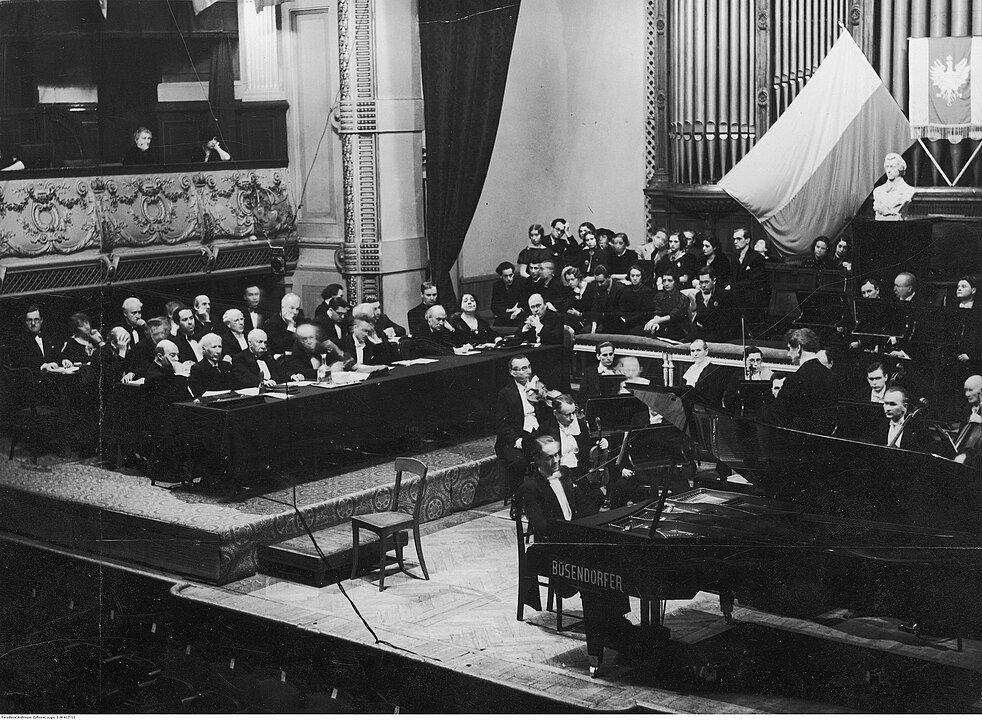By the Editorial Team
Our last post of 2022 is dedicated to Victoria Ateca-Amestoy.

One of the most significant events of the past year was the ongoing COVID-19 pandemic, which has had a major impact on the arts and culture industry. Many arts organisations have had to cancel or postpone events, leading to significant financial losses. Governments had to organise support schemes, based on outdated definitions of actors in the sectors. The precarity of the cultural sector was highlighted. At the same time, the pandemic also sparked a surge in the consumption of digital content and online programming, providing new opportunities for artists and organisations. As vaccines continue to roll out and cases of the virus in most parts of the world decline, there is hope that one economic stressor for the arts and culture sector may be behind us.
One trend that has garnered a lot of attention in the arts and culture sector is the rise of non-fungible tokens (NFTs). NFTs are digital assets that are verified on a blockchain, allowing for the creation of unique, one-of-a-kind items that can be bought and sold online. Many artists and collectors have embraced NFTs as a way to monetize and authenticate their digital art, leading to some high-profile sales and sparking debates about the value and significance of digital art. Critics fear a new wave of commercialisation of art content.
The past year has seen a significant increase in the popularity and acceptance of digital art more broadly, as positive effect of the digitally enabled activities during the lockdown. From virtual exhibitions and immersive art installations to digital performances and interactive experiences, the pandemic has pushed many artists and organisations to explore new ways of creating and delivering digital content. While some of these innovations may be temporary responses to the pandemic, it is likely that digital art will continue to play a larger role in the arts and culture industry going forward. Even as in-person events and experiences become more feasible again, the ongoing shift towards digital content and online programming is expected to have implications for how arts and cultural organisations generate revenue and engage with their audiences.
Finally, it will be important to keep an eye on the progress of the economic recovery in general, as this will have knock-on effects for the arts and culture sector. Ensuring that the recovery is broad-based and sustainable will be a key priority for policymakers and arts and cultural organisations alike. The coming year is sure to bring a mix of challenges and opportunities for the arts and culture industry. By staying informed and keeping track of key economic indicators, we can help to navigate these challenges and seize the opportunities as they arise.
As for us, we are grateful to all the researchers who have shared their excellent work through Economist Talk Art, enabling us to bring you 19 inspiring contributions on the fortnight in 2022 counting more than 26,000 views. We start a new adventure in 2023 with the team as we are now officially affiliated to the Association for Cultural Economics new website. As part of this process, we will give up our ETA Twitter account and join forces with the ACEI in all social media, including Facebook, Twitter, and LinkedIn.
Last Fall 2022 the series of Cultural Economics Online Seminars (CEOS) resumed in its renewed format. At each seminar, two presentations by emerging/well-established scholars are in dialogue with an international audience of scholars, policy makers and practitioners on a key research issue in cultural economics and other related disciplines and methods (spanning management, political sciences, law, sociology, statistics, philosophy, arts, computer science, engineering, etc.), as well as practice. For those who cannot attend, recordings of seminars are still available to view through the CEOS YouTube Channel. If you are interested to present as part of the series, please contact the lead organiser of the series Elisabetta Lazzaro outlining the details of your proposed presentation.
We thank greatly our presenters in 2022 and look forward to welcome new dialogues in 2023.
As customary at the end of the year, we look back to your favourite posts, based on number of views:
MUSIC PREFERENCES AS AN INSTRUMENT OF EMOTIONAL SELF-REGULATION ALONG THE BUSINESS CYCLE
By Juan de Lucio & Marco Palomeque
We listen to music every day. It is our companion when we travel and enhances the emotions of our favourite movie scenes. Whilst it may act as the life and soul of a party, music can also accompany us in our gloomier moments. At any point of time, we choose what music matches our mood. In this study, we explore how musical preferences change when macroeconomic conditions change. The results show that musical preferences adapt to smooth out fluctuations in social welfare (SWB) related to business cycles; for example, society prefers positive music in recessions.
WHY ARE THERE SO MANY ART THEFTS, AND WHAT CAN BE DONE ABOUT THEM?
By Frederick Chen and Rebecca Regan
More than 50,000 pieces of artwork are stolen each year globally, and many cases of art crimes are facilitated by lax security at museums. How can economic theory account for these observations, and what kind of policies would help reduce the incidence of art thefts?
THE IMPACT OF ARTISTS ON CONTEMPORARY URBAN DEVELOPMENT
By Monika Murzyn-Kupisz and Jarosław Działek
Cities have always functioned as focal points of civilisational and economic development, innovation and creativity, enabling regions and countries to uphold or improve their competitive position. Existing theoretical concepts referring to or incorporating artists seem too general and insufficient as full explanations of spatial and entrepreneurial patterns of artists’ activities in the urban space and further research seems necessary. We present a comprehensive edition, including case studies across all Europe.
We look forward to continue to bring you pleasurable reading from leading scholars and inspiring insights from their work.
With our best wishes
Trilce, Marie and Andrej.






